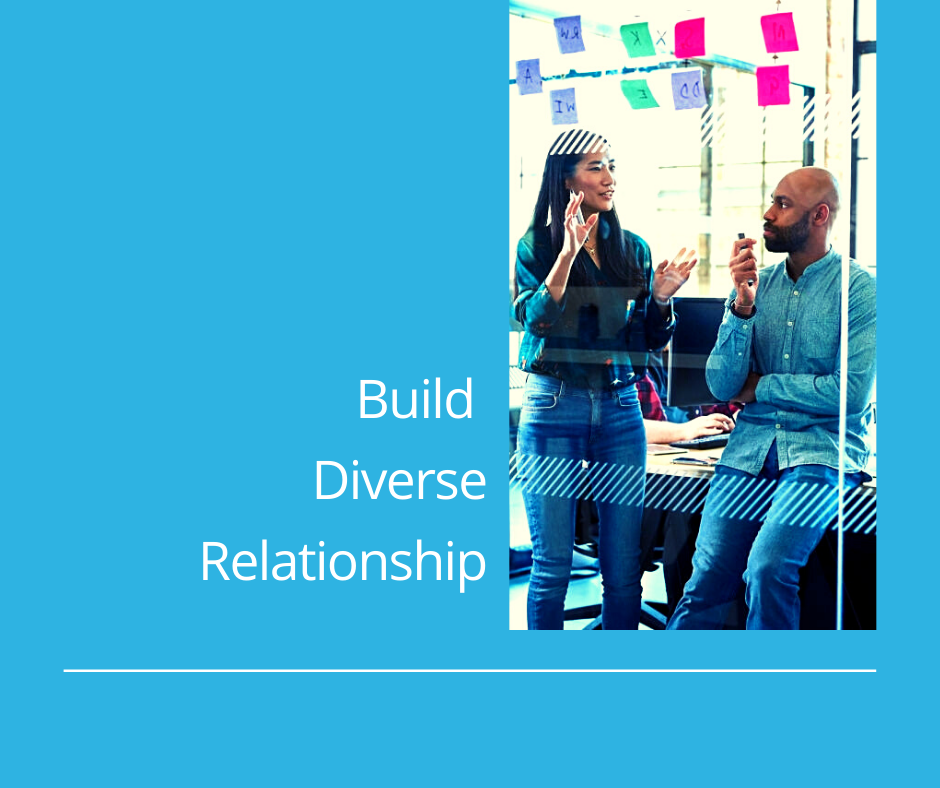Let’s have a look at the 7 benefits that we could get from having a virtual team-building session.

1. Boost Employee’s Morale
The ideal team leader should encourage team members to collaborate and perform cohesively by conducting group discussions and other team-building activities. Doing so can help minimize team burnout and enable team members to feel valued.

2. Promote Workforce Collaboration
Projects can only succeed if their team members collaborate seamlessly. In today’s world, working remotely can be challenging to align the team members with the project’s goals and objectives.

3. Supports Innovation Management
Creating a virtual team-building environment helps companies develop their employees’ creativity and innovation. It allows them to collaborate and work seamlessly across various departments.

4. Increases Productivity
When teams are siloed, it can be hard to communicate their goals and work direction. Through virtual team-building activities, leaders can easily explain their organization goals and provide clear work direction.

5. Encourage Versatility
Team-building exercises help employees develop their individual skills and expertise in a variety of disciplines. It also allows them to collaborate with others without being afraid of reprisals.

6. Reinforce Positive Work Culture
The tool helps organizations keep track of all work that is being done by remote teams. It can also help them identify areas of weakness and improve processes.

7. Build Diverse Relationship
The best work culture values diversity and inclusion. This is evidenced by the various ways in which virtual teams are built. They help build cross-generational relationships and develop meaningful relationships among geographically distributed teams.






